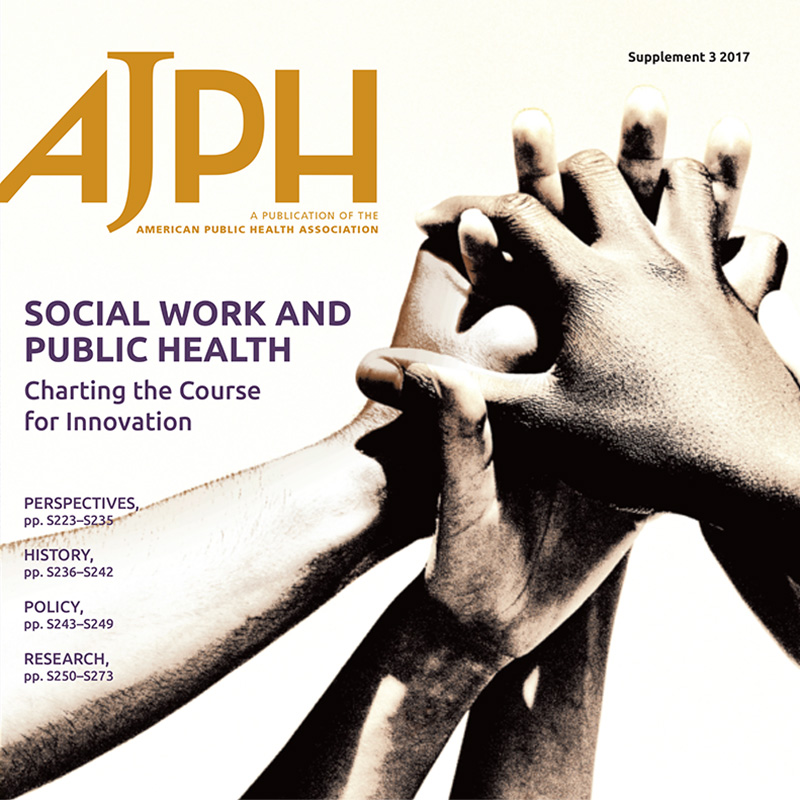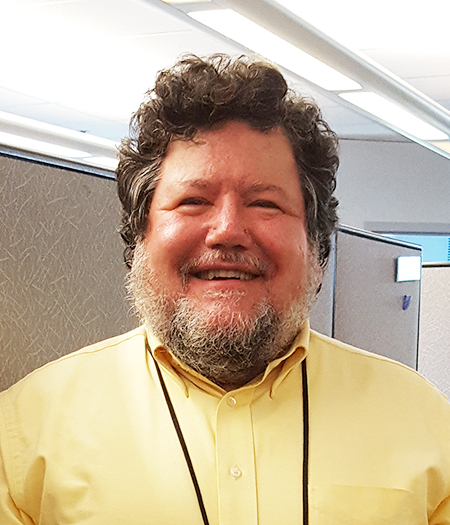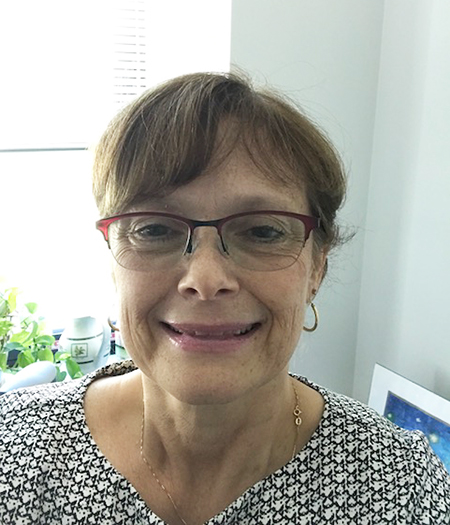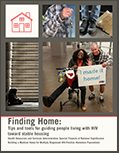Since 2015, staff from the Center have been conducting a multisite evaluation of four previously released HIV interventions focusing on specific populations. These interventions, funded under the Health Resources Services Administration (HRSA), HIV/AIDS Bureau, and Special Projects of National Significance (SPNS), have been proven effective for linking, re-engaging, and retaining people living with HIV in care. Our team serves as the Dissemination and Evaluation Center (DEC) in support of the Dissemination of Evidence-Informed Interventions to Improve Health Outcomes along the HIV Care Continuum initiative, the first attempt to bring innovative SPNS-supported interventions to scale across the field.
For each of these evidence-informed interventions, manuals have just been released that include action steps and recommendations for implementing a program that links the population of focus to HIV care. Each manual has been informed by and adapted from the best-practice findings of a past SPNS initiative and details programmatic, supervisory, implementation, maintenance, and integration activities. These manuals are considered drafts that are in progress. Final intervention manuals that incorporate the learnings from the 3-year multisite evaluation will be released in 2020.
Contact information is required to download each manual so that the DEC team can send you any edits made to the manuals between now and 2020, as well as the final versions of the manuals when they are published.
Below is a description of each intervention and where to find related materials:

What Is It? An intervention for strengthening connections between community health and jail health care systems
Why Is It Needed? Without transition assistance, people living with HIV who are released from jail are at risk of unstable housing; lack of access to health insurance and medication; overdose due to period of detoxification; exacerbation of mental health conditions; and lack of social supports when exposed to the same high-risk communities from which they were incarcerated.
Who Can Deliver It? Organizations, agencies, clinics, health departments, and jails
Where to Access It: https://nextlevel.careacttarget.org/deii/jails

What Is It? An HIV primary care intervention that aligns with the medical home model and follows principles of harm reduction
Why Is It Needed? Dramatic increases in opioid-related fatal overdoses and acute hepatitis C infections in recent years underscore the urgent need to identify and treat opioid use disorder in PLWH. Buprenorphine treatment delivered in HIV clinics is associated with decreased opioid use, increased ART use, higher quality of HIV care and higher quality of life.
Who Can Deliver It? HIV primary care providers
Where to Access It: https://nextlevel.careacttarget.org/intervention/buprenorphine

What Is It? A structured patient navigation model to increase retention and ultimately improve health outcomes among Women of Color
Why Is It Needed? Patient navigators are critical members of the healthcare team focused on reducing barriers to care for the patient at the individual, agency, and systems levels.
Who Can Deliver It? Organizations, agencies, and clinics
Where to Access It? https://nextlevel.careacttarget.org/intervention/navigators

What Is It? A short-term, peer-focused model to increase linkages and retention to care among Women of Color
Why Is It Needed? Peers can help remove patient barriers and improve access to HIV primary care and support services because they have often experienced the same barriers and they can motivate attitudinal and behavioral changes in PLWH.
Who Can Deliver It? Organizations, agencies, and clinics
Where to Access It? https://nextlevel.careacttarget.org/intervention/peers
###
The goal of the Dissemination of Evidence-Informed Interventions to Improve Health Outcomes along the HIV Care Continuum initiative is to produce four evidence-informed care and treatment interventions that are replicable, cost-effective, capable of producing optimal HIV care continuum outcomes, and easily adaptable to the changing health care environment. For more information, please visit the Dissemination and Evaluation Center page.
Attending the upcoming American Public Health Association (APHA) annual meeting? Check out these presentations, several of which are related to the Dissemination of Evidence-Informed Interventions to Improve Health Outcomes along the HIV Care Continuum initiative,
This information was supported by grant #U90HA29236, “Dissemination of Evidence Informed Interventions,” through the U.S. Department of Health and Human Services Administration’s HIV/AIDS Bureau, National Training and Technical Assistance. The contents are solely the responsibility of the Center for Advancing Health Policy and Practice and do not necessarily represent the views of the funding agencies or the U.S. government.

![]()



 Mr. Leonard Recupero
Mr. Leonard Recupero Ms. Susan Carr
Ms. Susan Carr



